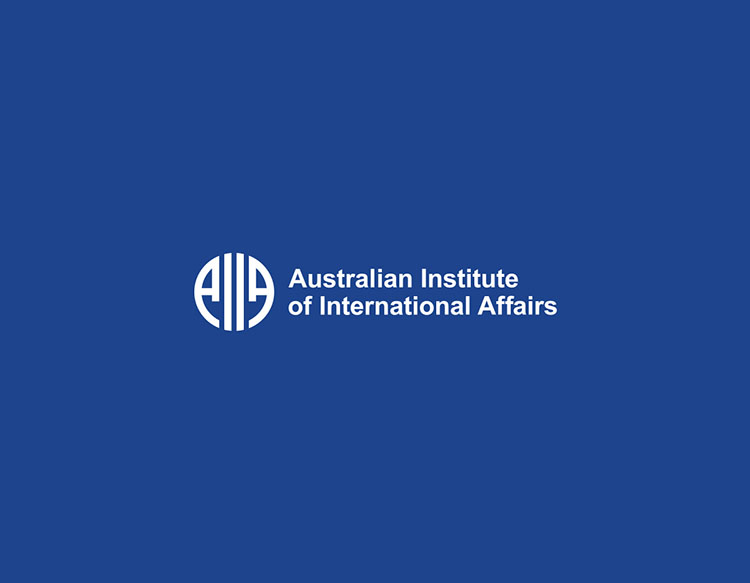On Tuesday, 16 September, the Australian Institute of International Affairs NSW welcomed
award-winning journalist Hamish McDonald for a discussion of his latest book, Melanesia:
Travels in Black Oceania, and his experiences across the region. Drawing on decades of
reporting and writing, McDonald traced his journey from Fiji through Vanuatu, Solomon
Islands, Eastern Papua New Guinea, West Papua, Bougainville and New Caledonia.
He opened by describing Melanesia as Australia’s “manifest destiny,” a theme woven
throughout his talk. McDonald explained that he chose Melanesia because it is often
fragmented, misunderstood, and overlooked despite its extraordinary cultural richness and
linguistic diversity. His presentation was illustrated with striking images, from shark-shaped
funeral caskets in Solomon Islands, symbolising sacred connections between people and
nature, to artifacts that reveal local histories and traditions.
In recounting his travels, McDonald shared personal anecdotes alongside historical and
cultural insights. In Fiji, he reflected on a hike across Viti Levu and local myths of a
mountain god, before exploring Tonga’s colonial past and perceptions of superstition.
McDonald also showed images of a spherical ball made of volcanic eruption substances
considered to have healing properties by the locals. In Vanuatu, he described Tanna Island’s
rumbling Mount Yasur Volcano and the folklore of a deity who lives in the volcano and
protects the people and resists colonial authority.
In Solomon Islands, he recalled fishing with villagers and retelling the story of an Australian
District Officer killed in 1927 while collecting head tax – followed by an image of his shrine
standing today. In Eastern Papua New Guinea, he described driving through rivers and oil
plantations, and explained the rubber trade system where smallholders sell to larger
transportations for daily income.
McDonald concluded with reflections on political challenges in Bougainville and New
Caledonia. He noted the stalled progress on Bougainville’s independence since the 2019
referendum, and the French government’s reluctance to grant full autonomy to New
Caledonia amid concerns over China’s growing influence in the Pacific.
The Q&A session further enriched the discussion. On development, McDonald expressed
cautious optimism but noted that financial resources often fail to reach the grassroots.
Another question about climate change and the development aspirations of the regional
governments saw McDonald highlight the uneven development and rising urban migration as
major obstacles. He also advocated for easier Australian visa access for Papua New
Guineans. A final question was asked about the timber industry’s problem in the region.
McDonald talks about the forest clearing projects being undertaken at the expense of the
environment and against local’s interests causing problems between the locals and the
companies.
The event concluded with a vote of thanks to Hamish McDonald for his insights into
Australia’s Pacific Island neighbours and the Melanesians’ struggles and ambitions. His
insights offered a timely and nuanced understanding of the cultural vitality, political struggles
and aspirations of the region. The discussion provided a perspective increasingly vital in
today’s shifting geopolitical landscape and a growing Melanesian population in Australia.
report by AIIA NSW intern, Tanisha Shah


